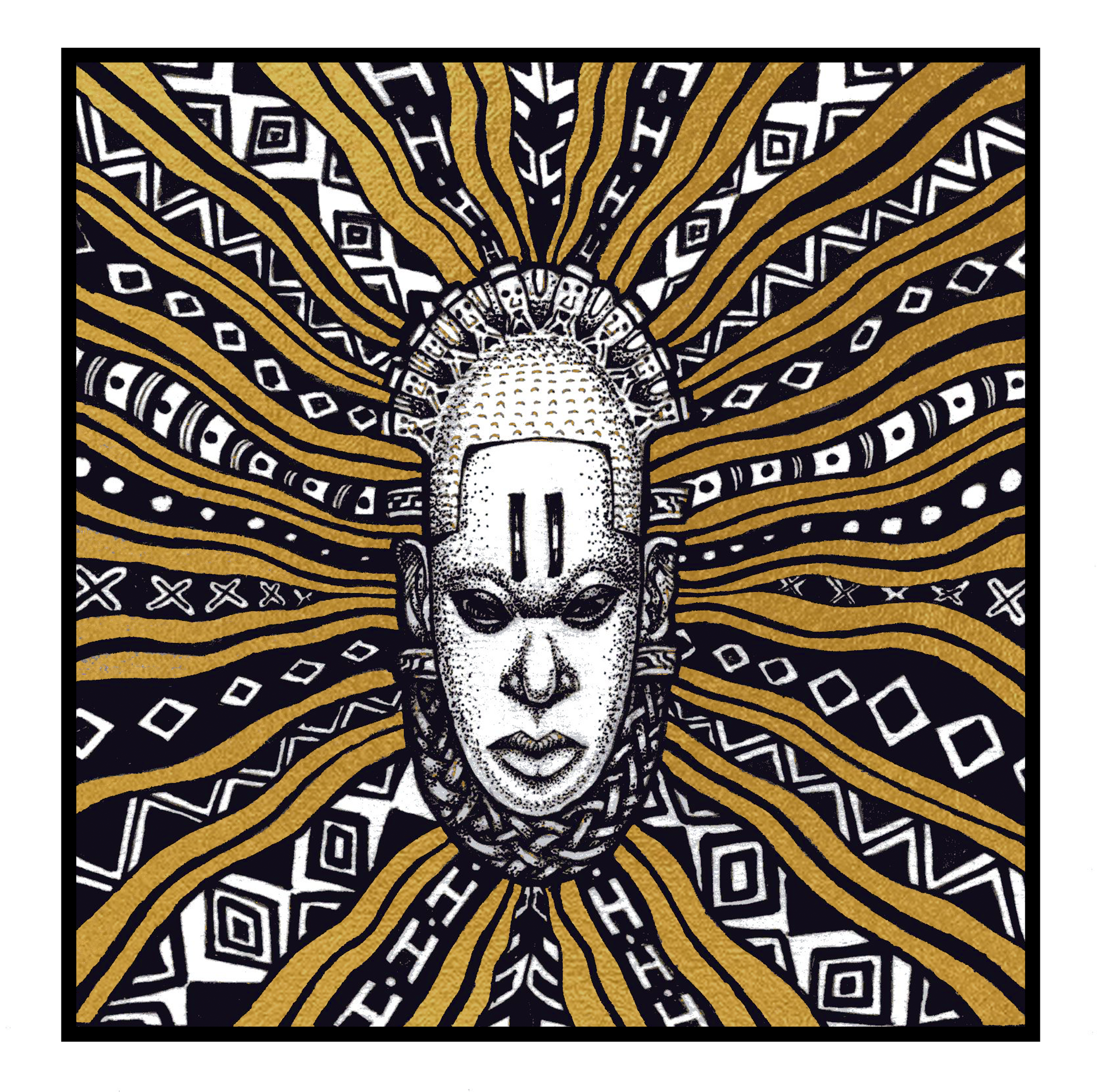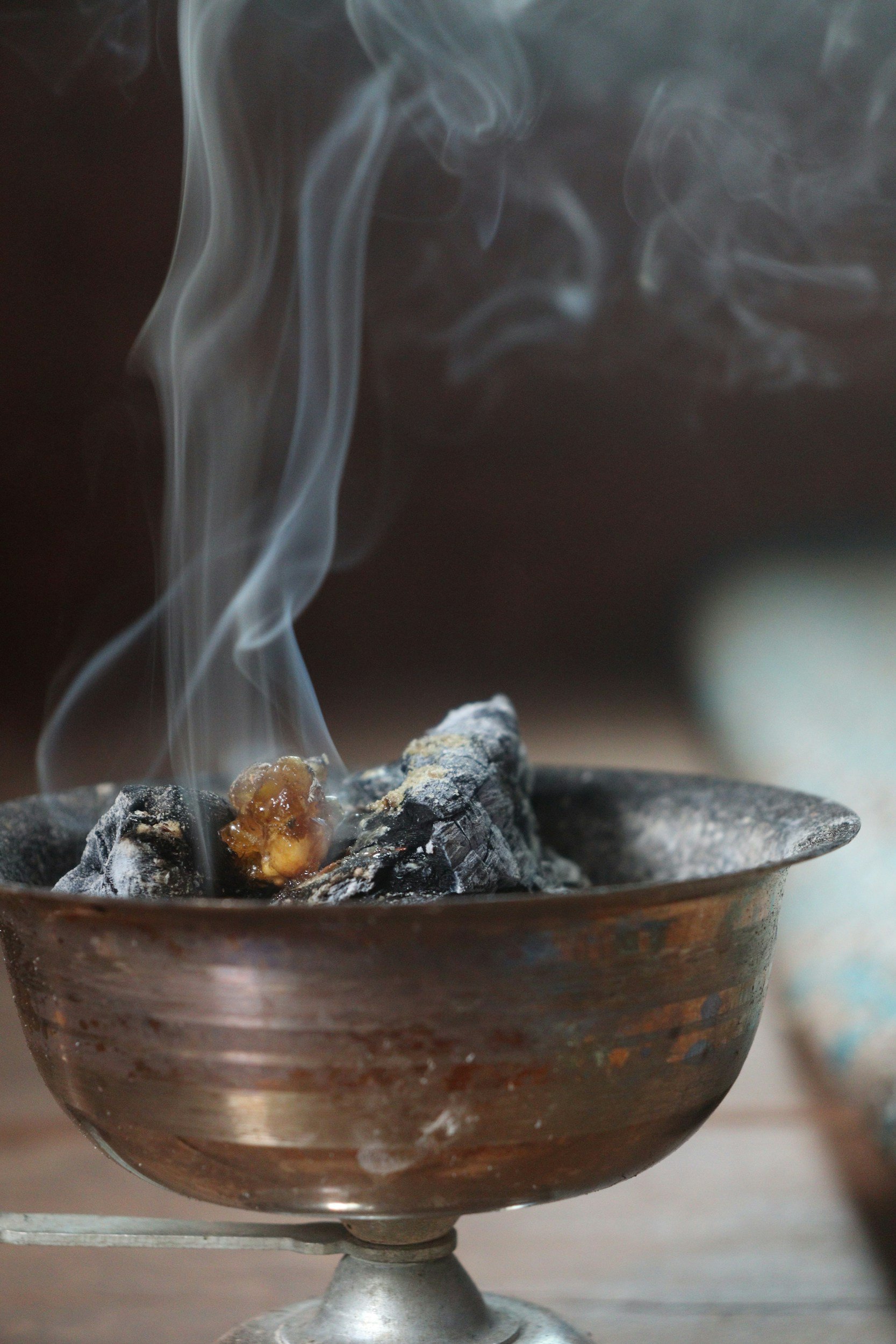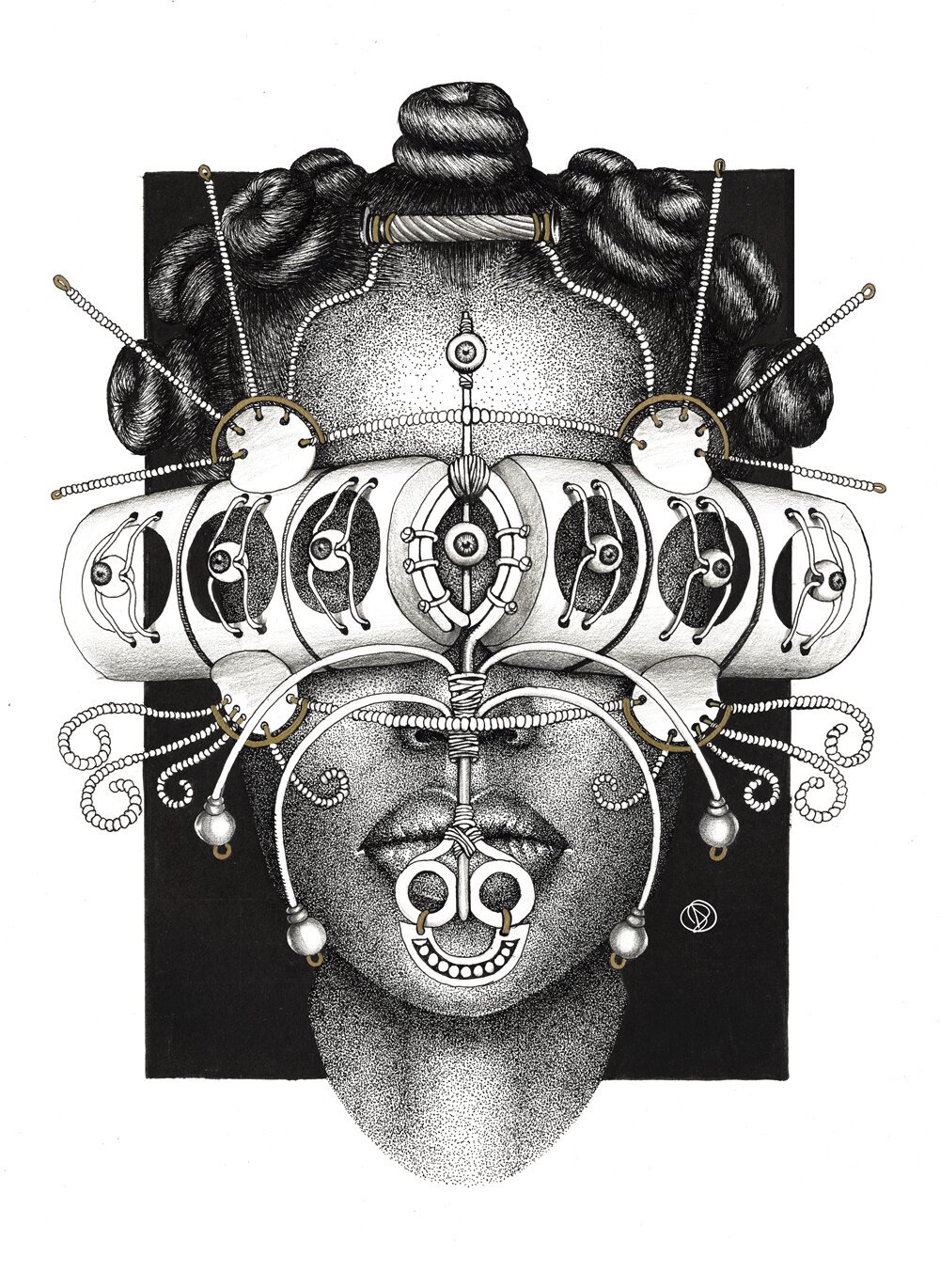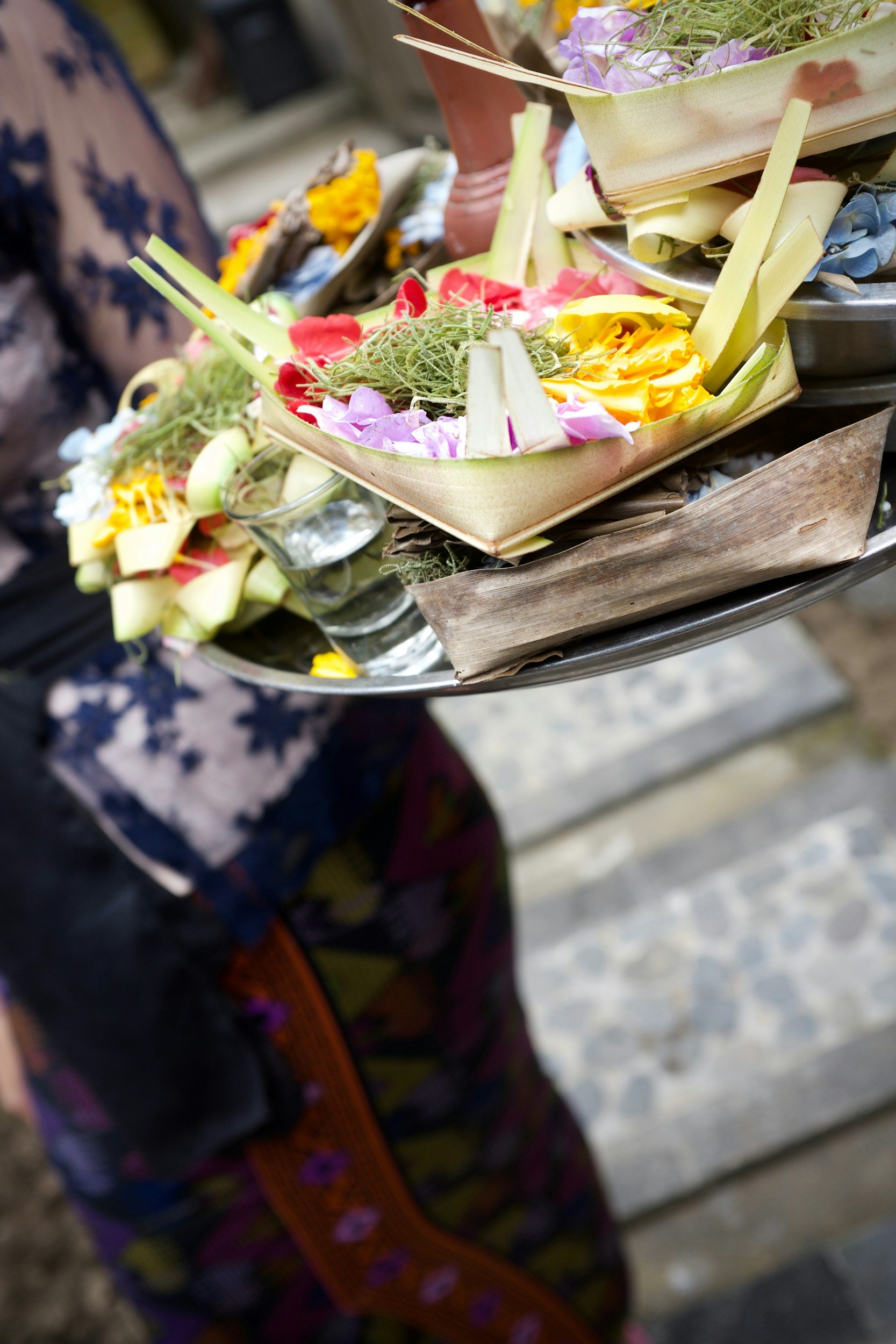Why Was the Ichi (Placenta) of an Igbo Child Buried in the Earth in Ancient Times?
QUEEN IDIA by Data Oruwari Ink on Paper
In ancient Igbo culture, the burial of the umbilical cord or placenta (variously called ichi, uhe, nnemuluoha or eze-nwa) of a newborn child was a sacred act deeply tied to spiritual beliefs and the Igbo people's understanding of life, ancestry, and the connection between humans and the earth. This ancient tradition was a mystical expression of the spiritual and cosmological significance of the bond between the child, the earth, and their Chi.
The Symbolism of the Ichi and Earth Connection
In Igbo cosmology, the Ichi is more than a physical remnant of the child’s connection to their mother; it is seen as a sacred bond between the child and the earth. The earth (Ala or Ani or Ali) is revered as a divine entity in Igbo spirituality. Ala is the goddess of fertility, morality, and the custodian of the ancestors. She plays a pivotal role in the life of every Igbo person from birth to death, serving as both a spiritual mother and a guiding force. Burying the umbilical cord symbolically tethers the child to the spiritual forces of Ala, making sure that they are connected to their ancestral land and roots.
This act served as a constant reminder of one’s origins and identity, as the earth is a living entity that sustains life and represents the continuity of existence. It was believed that by returning the Ichi to the earth, the child would grow up with a strong spiritual and physical bond to the land, undoubtedly establishing their connection to their ancestors and their Chi.
The Ichi as a Representation of Destiny
Igbo progenitors believed that every person comes into this world with a unique destiny (Akalaka), which is shaped by their Chi. The Ichi is considered in a way to be a material manifestation of a form of that destiny, and its burial was seen as a way of anchoring that destiny in the physical world. The act was a spiritual grounding, a way of making sure that the child’s purpose would be aligned with the forces of nature and the guiding principles of their Chi.
Moreover, burying the umbilical cord or placenta was a form of spiritual protection. Placing it in the earth was believed by Igbo ancestors to be a way of safeguarding the child's future from malevolent spirits or forces that might attempt to interfere with their destiny. This act was believed to give the child strength, resilience, and a firm foundation as they navigated life.
The Connection to Ancestors and Reincarnation
In Igbo spirituality, the ancestors (Ndị Ichie) are venerated as powerful forces who watch over the living. The burial of the umbilical cord or placenta in the earth was a way of connecting the child to these ancestral spirits. It symbolized the continuation of the lineage, with the child representing the next link in the chain of existence.
Many Igbos also hold the belief in reincarnation (Ịlọ Uwa), where it is known that ancestors return through their descendants. Burying the Ichi in the earth may have also been seen as a way of anchoring the child’s soul and future reincarnations within the family and the community, consequently ensuring the continuity of the family line and the ongoing protection and guidance of the ancestors.
The Role of the Father in Burying the Ichi
Traditionally, it was the father’s role, or someone who could legitimately stand in as a father figure, to bury the umbilical cord or placenta. This act signified the father’s responsibility in guiding the child’s spiritual and physical development. The father (figure) was symbolically planting the seed of the child’s destiny by physically burying the Ichi, ensuring that their roots would grow deep into the earth, connected to both the physical land and the spiritual realm. This was why a tree was also usually planted in the same spot.
The father’s involvement was also a way of formalizing the child’s entry into the family and community. It marked the beginning of the father’s active role in nurturing and protecting the child, guiding them along their spiritual and life journey.
The Significance of Location: Burying the Ichi on Ancestral Land
Where the Ichi was buried also carried great significance. In many cases, it was buried on ancestral land or near the family compound. This location was important because it represented the child’s connection to their lineage and their belonging to a specific family or community. The ancestral land was considered sacred, imbued with the presence of the ancestors who were believed to dwell within the earth.
Burying the Ichi on this land maintained that the child was spiritually anchored to their lineage, able to receive the blessings and protection of their forebears. This act symbolized that the child would grow up with a strong sense of identity, purpose, and belonging to their family and their land.
Returning to the Source
In Igbo cosmology, life is viewed as a cycle. From birth to death, humans are seen as traveling through different stages of existence, always connected to the divine, their Chi, and the earth. Burying the umbilical cord or placenta in the earth symbolized the child’s return to their source. It was an acknowledgment that, just as the child came from the womb, they also come from the earth and will one day return to it.
This ritual acted as a spiritual grounding for the child, connecting them to the cycle of life, death, and rebirth, and reminding them of their place in the grand order of existence.
To Sum It Up
The ancient Igbo practice of burying the umbilical cord in the earth was a sacred act that symbolized the child’s connection to their spiritual and physical origins. It was a reminder that humans are not separate from the earth or their ancestors but are deeply intertwined with both. Through this sacred act, Igbo ancestors made sure that their children would grow up with a strong sense of identity, spiritual protection, and a deep connection to their lineage and the land.
This timeless tradition reflects the core principles of Igbo spirituality—honoring the earth, revering the ancestors, and understanding the sacred cycle of life and destiny.





























